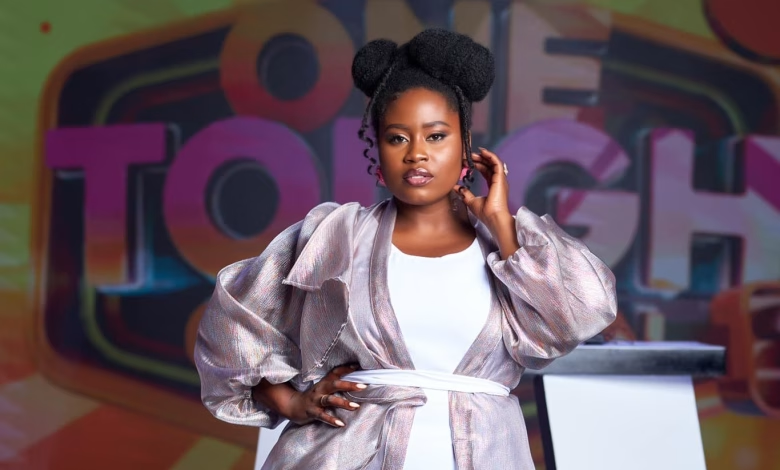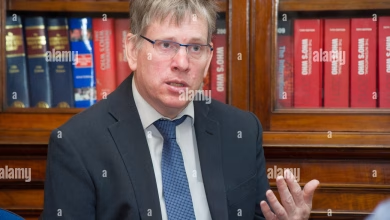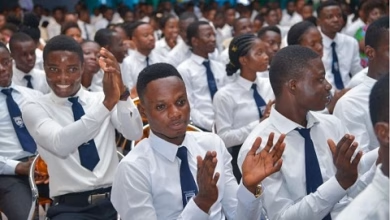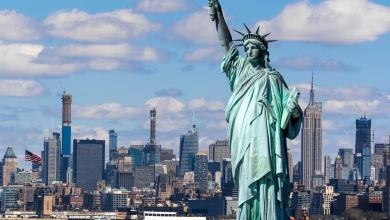“This Election Was About the People, Not About Any Political Party” – Lydia Forson

- Ghanaians Rejected NPP Over Lack of Accountability
- Actress Calls for Listening Leadership
- Economic Crisis Hits Lydia Forson's Business
Ghanaian actress and entrepreneur Lydia Forson has shared her insights on the evolving political landscape in Ghana, discussing how the electorate is gradually moving away from voting based on political or tribal affiliations. Her remarks came in a recent interview with the BBC, following the defeat of the incumbent New Patriotic Party (NPP) in the December 7, 2024, election.
In an interview with James Copnall on BBC’s Newsday on December 9, Forson emphasized how the Ghanaian electorate has become increasingly discerning in their voting choices. She attributed the NPP’s loss to a widespread sense of frustration, particularly among young people, due to a lack of accountability.
“Accountability is one of the main things a lot of young people are angry about. The reality is, is there a global crisis? Yes. But when you factor in the growing economy, we are going to be hit much harder. Now you have a people who are frustrated and they want to be heard. They are protesting and don’t feel like they can protest, they are speaking up and they don’t think they are being heard,” Forson said.
When asked what the incoming government should focus on to improve life for Ghanaians, Forson stressed the importance of responsive leadership. She argued that the new leadership must listen to the concerns of the people to address their frustrations.
“So one of the most important things is having a listening leadership. Because if people are upset about something and they come to you and you tell them ‘don’t talk about it,’ or you are not allowed to be angry about it, that is a big problem. This election was really about the people, it was about any political party. The electorate is becoming more and more discerning. They are no longer voting necessarily based on tribal lines or loyalty to one fixed party,” she explained.
Forson added that voters are no longer swayed by party loyalty but are focused on whether a government can deliver on its promises. “When it comes to this new government, it is not about whether we like you or not. Are you going to deliver, and if you can’t, we are going to hold you to your promises,” she said.
The actress also reflected on how the economic challenges in the country have personally affected her business. Forson, who produces natural hair and skincare products, highlighted the difficulties of sourcing materials both locally and internationally. She explained that fluctuations in the value of the cedi, Ghana’s currency, have significantly impacted her production costs.
“I make natural hair and skin care products. I source most of my ingredients locally, but there are other ingredients that I source from outside the country. And so I have to pay for these goods in dollars and pounds. So when the cedi depreciates, my cost of producing goes up, and there is only so much of it you can put on the consumer. So now you are trying to create jobs, but our ability to create those jobs is hindered by how well the cedi is doing. So I am not able to produce so much, and consumers are not also buying. Because if you are producing what people don’t feel they need every day, or it is a bit of a luxury, you are affected,” she explained.
She continued, “No matter how well you think you are doing, you are affected. And you have families. I have family in the village who also depend on you, and the harder things get, the more they depend on you.”
Lydia Forson is known for being one of the few Ghanaian creatives who speak out on issues impacting the country’s citizens. She was joined on the BBC program by Ghanaian rapper M.anifest, who also weighed in on the NPP’s loss, attributing it to the “anger” and “hunger” of the people.






